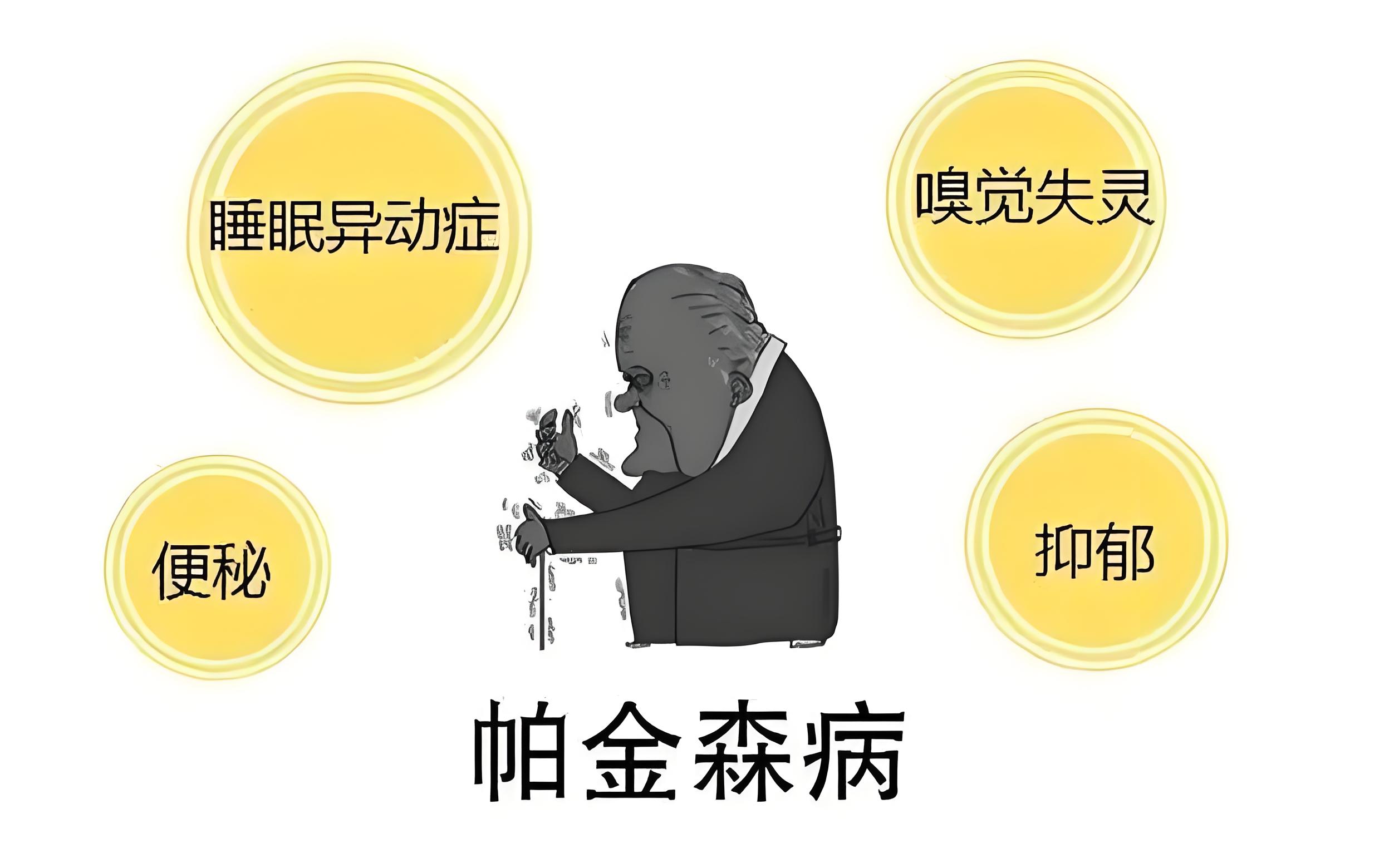免疫系统可以通过多方面的航天改变,但微重力相关的黏膜免疫的变化及其临床意义还没有得到很好的研究。本研究的目的是探讨模拟微重力影响肠道内环境稳定和增加结肠炎易感性。后肢卸载(胡)小鼠模型被用来模拟微重力条件下。百分之三葡聚糖硫酸钠(DSS)进行诱导小鼠结肠炎。相比于地面控制(CTRL)小鼠,胡人发现受损的肠道平衡和提高DSS诱导的结肠炎的易感性。这包括早发,4倍的膨胀的分节丝状菌(SFB),减少调节性T细胞(Treg)数量超过2倍和2倍的增加IL-10的生产,?结肠IL-1β表达,2倍的循环中性粒细胞增加,中性粒细胞浸润和结肠。抗生素的应用改善了Treg和IL-10下降但不显著抑制中性粒细胞和结肠IL-1β表达升高。这些结果表明,肠道菌群与先天免疫系统对模拟微重力和在一起,有助于肠道微环境的促炎性改变。数据还强调有必要为炎症性肠病(IBD)的易感性评估在遥远的太空旅行。Li, P., Shi, J., Zhang, P., Wang, K., Li, J., Liu, H., Zhou, Y., Xu, X., Hao, J., Sun, X., Pang, X., Li, Y., Wu, H., Chen, X., Ge, Q. 模拟微重力破坏肠道内环境稳定和增加结肠炎易感性
原文
Simulated microgravity disrupts intestinal homeostasis and increases colitis susceptibility
Abstract
The immune systems can be altered by spaceflight in many aspects, but microgravity-related mucosal immune changes and its clinical significance have not been well studied. The purpose of this study was to investigate whether simulated microgravity influences the intestinal homeostasis and increases the susceptibility to colon inflammation. The hindlimb unloading (HU) mouse model was used to simulate the microgravity condition. Three percent dextran sulfate sodium (DSS) was given to mice to induce colitis. Compared to ground control (Ctrl) mice, the HU ones revealed an impaired intestinal homeostasis and increased susceptibility to DSS-induced colitis. This includes an early-onset, 4-fold expansion of segmented filamentous bacteria (SFB), more than 2-fold decrease in regulatory T cell (Treg) numbers and IL-10 production, ?2-fold increase in colonic IL-1β expression, 2-fold increase in circulating neutrophils, and colonic neutrophil infiltration. The application of antibiotics ameliorated the Treg and IL-10 reductions but did not significantly dampen neutrophilia and elevated expression of colonic IL-1β. These results indicate that the intestinal microflora and innate immune system both respond to simulated microgravity and together, contribute to the proinflammatory shift in the gut microenvironment. The data also emphasize the necessity for evaluating the susceptibility to inflammatory bowel diseases (IBDs) in distant space travels.—Li, P., Shi, J., Zhang, P., Wang, K., Li, J., Liu, H., Zhou, Y., Xu, X., Hao, J., Sun, X., Pang, X., Li, Y., Wu, H., Chen, X., Ge, Q. Simulated microgravity disrupts intestinal homeostasis and increases colitis susceptibility.
‘We have seen a rising number of people arriving at the London Eye Hospital who have previously been given inaccurate information or poor care and we strongly believe that it is time for this industry to be taken to task.’The Royal College of Ophthalmologists says complications occur in almost one in 20 cases.
These include dry eyes and problems with night vision. It says that severe visual problems are ‘very unusual’, but some patients require corneal surgery or hard contact lenses to restore satisfactory vision.
It advises patients to quiz clinics about how often they perform the treatment and what their success rates are.A spokesman said that while in theory the operation could be done by someone who is registered as a doctor but does not have further qualifications, the likelihood of this happening is ‘very, very negligible’.
She added that the organisation is working with the Royal College of Surgeons to improve standards.



